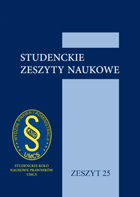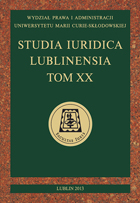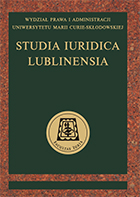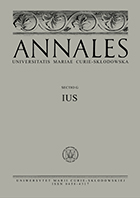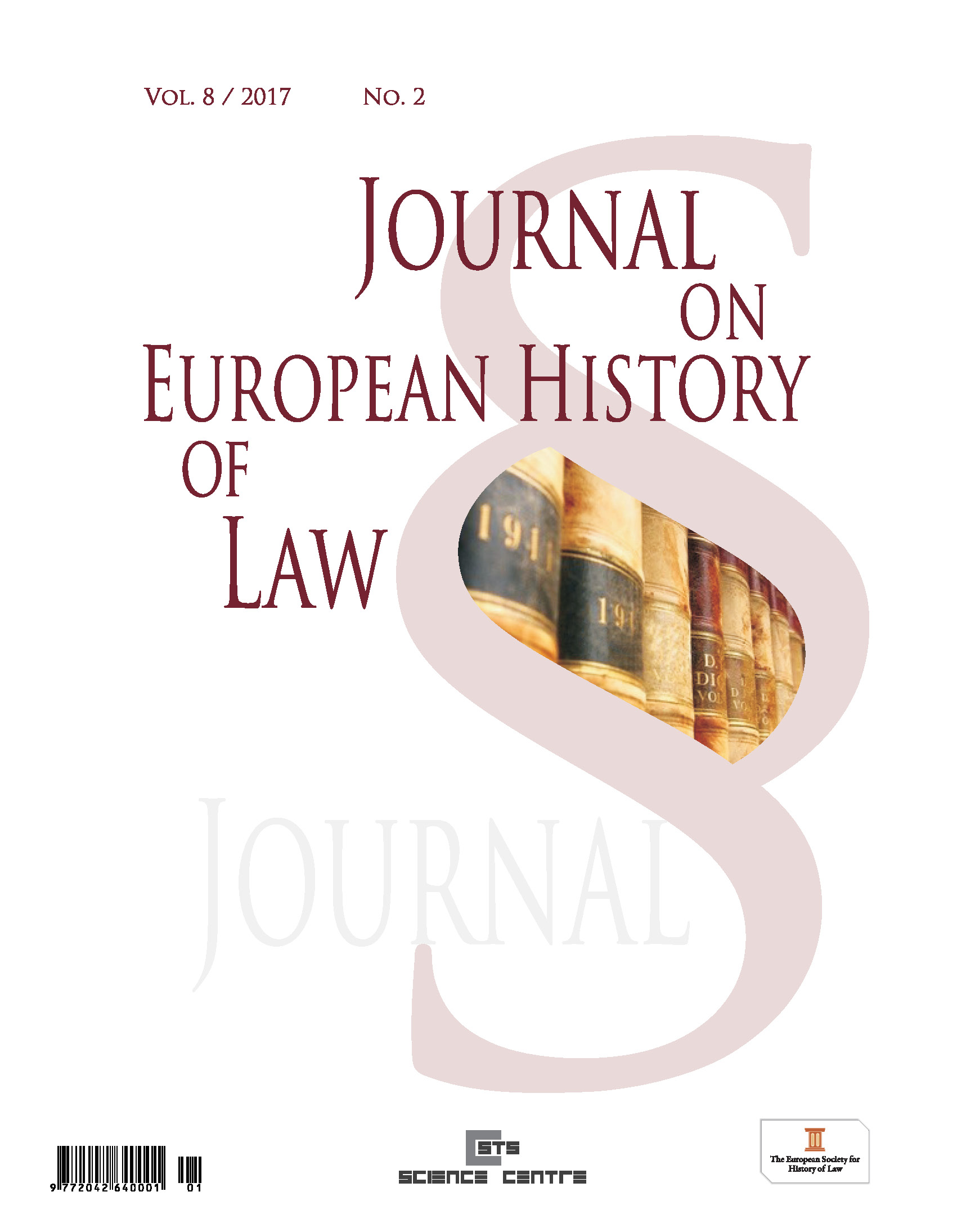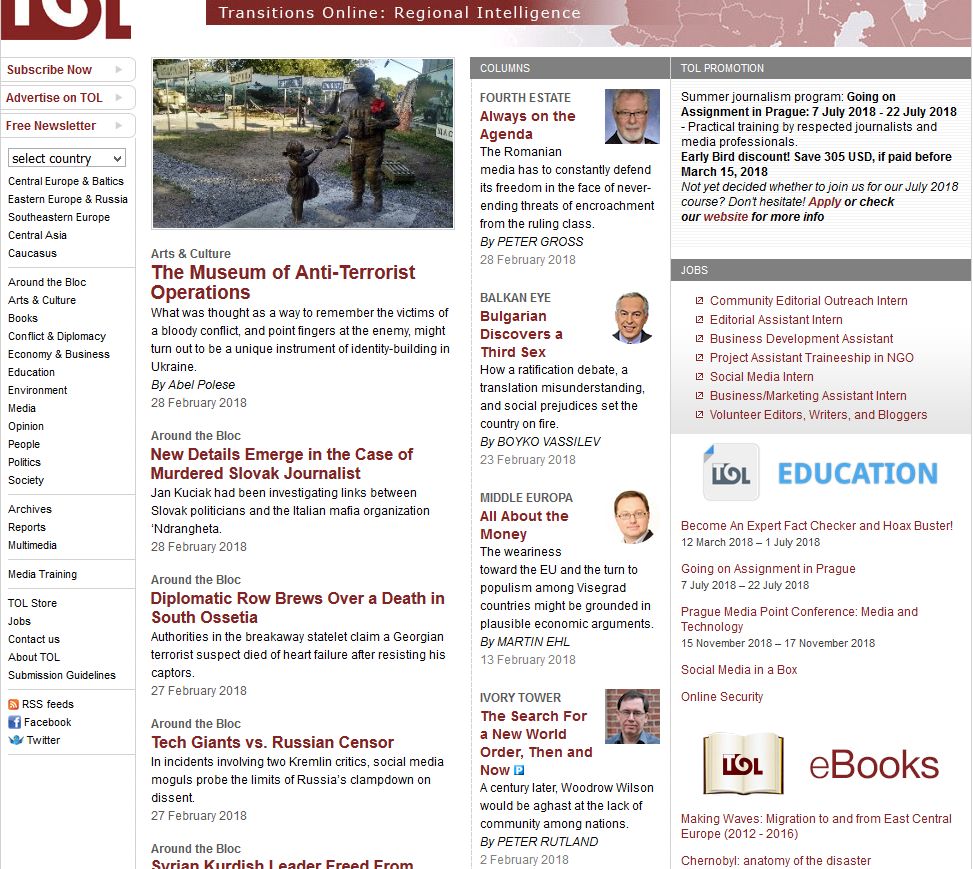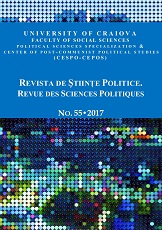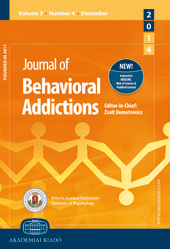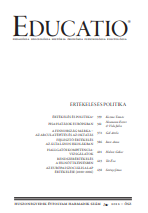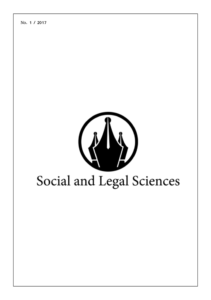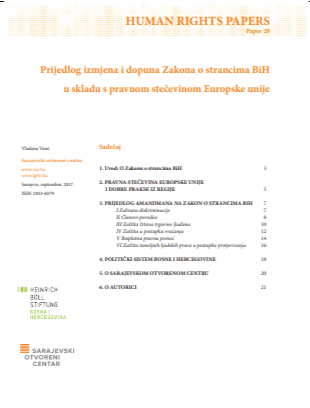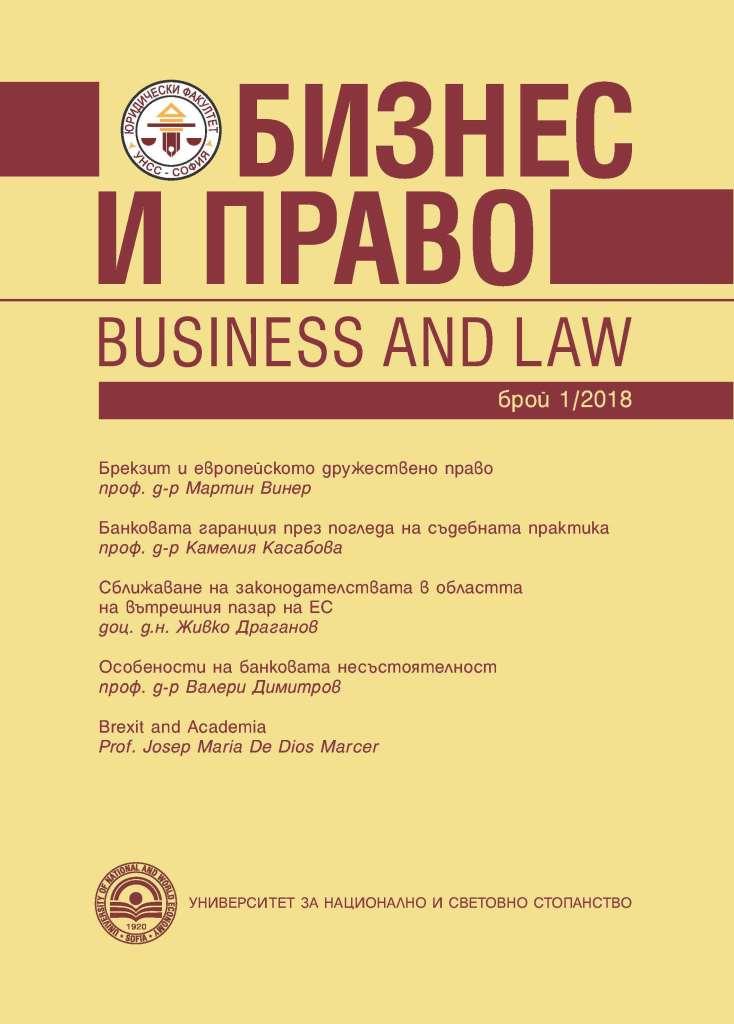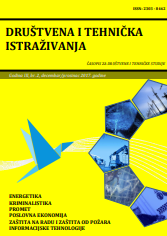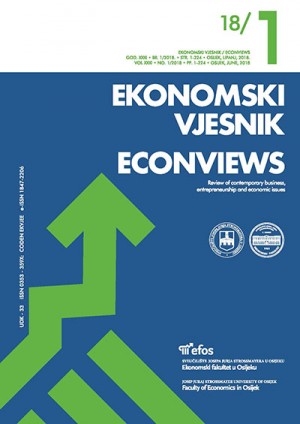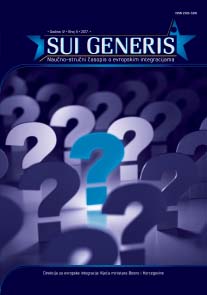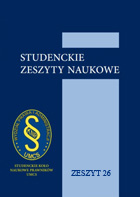
PRAWA KOBIET MUZUŁMAŃSKICH W EUROPEJSKIM SYSTEMIE OCHRONY PRAW CZŁOWIEKA
The idea of protecting the rights of women is considered today as a dichotomous conglomeration of values, which consists of women’s rights regime and the modern world as a framework for governments. Discrimination against women frequently have their source in the text of the law and then is prohibited. Many acts of laundry contains rules to protect Muslim women. These include Constitution, the Convention on the Elimination of All Forms of Discrimination against Women, the Treaty on European Union, the European Convention on Human Rights. The issue of Islamic family functioning is often considered in the context of inequality and violence against women. These are complicated issues primarily in legal terms. These include domestic violence- murder or rape made by a husband or partner. In addition, there are also Islamic culture honour killings or death for dowry. An example of a country where for centuries, there is the problem of the rights of Muslim women is Turkey, where over the centuries shaped the position of Muslim women.
More...
